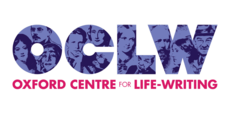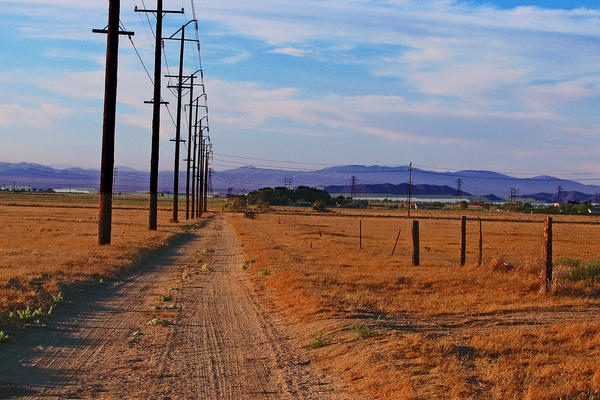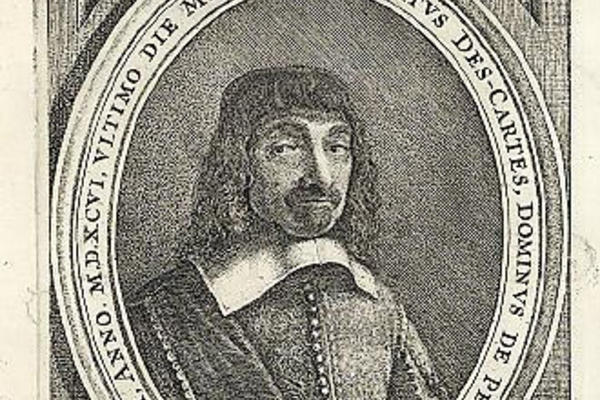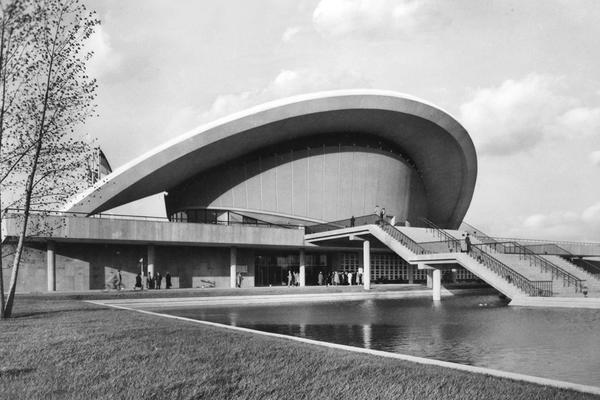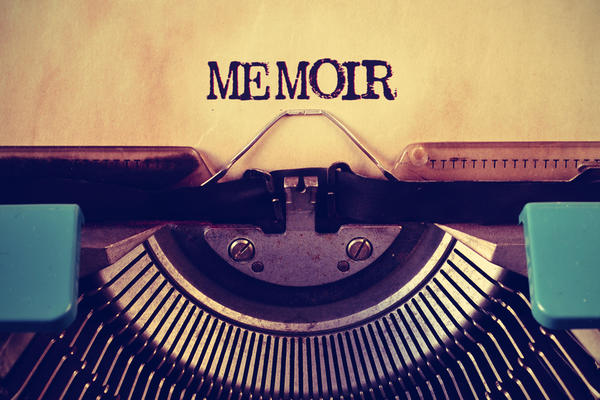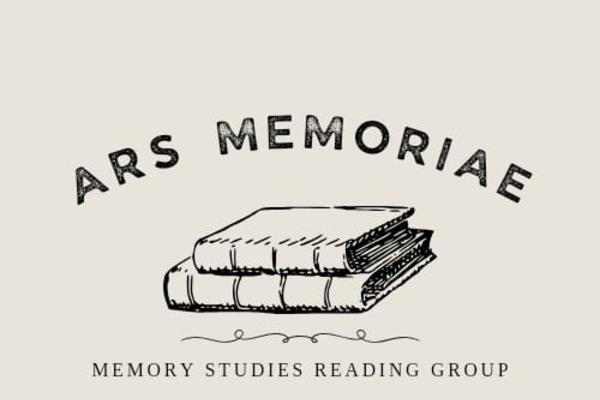What I’m doing; How to do what I’m doing; How I feel about what I'm doing
By Dr Hana Navratilova
- Informative ('what I'm doing')
My research work consists of a permanent multitasking. I’m an Egyptologist and historian. As an Egyptologist, I work with ancient texts and artefacts from Egypt. I am interested in ancient lives — and that does entail more than just looking at individuals. Very often there is little we can tell about a single person’s life. But there is much we can tell about how communities lived, how people wished their lives to be, what people considered worth living for. Texts and artefacts have their lives as well. I look for traces and messages of all the past lives, of people and things. Currently, I work on a project that has a working title ‘biography of a pyramid’, and it is concerned with these monumental buildings, mainly with how the ancient Egyptians perceived and used them. But it asks other questions too — how does a building become a monument, and how may it die, and be revived again? From working sites to the sites of burial, worship and memory, to the sites of identity, to being material resources, to a transformation into heritage, the pyramids’ life runs a full circle illustrating humanity’s changing relationship with our history.
As an historian, I’m not concerned only with the ancient world. In this role, I’m also interested in how we study it, and what does ancient Egypt, its people and its artefacts, mean for the modern world— in today’s Egypt, and across nations. It requires me to look at readings and re-readings of history and to reflect on how we use the past in our own lives, and how we develop and replicate our research, this targeted effort at a study of the past. Lives of researchers are relevant here. I have recently finished a biography of an Egyptologist, Jaroslav Černý, who, like me, was an immigrant in the UK. I named the book ‘A Citizen of Nowhere’, because I believe that transnational lives have their place in our world and their stories are worth telling. I wrote this biography as a chronological narrative, but I can imagine working on lives of other Egyptologists differently in the future, including collaboration not only with other academic colleagues, but with people who use different media, formats, and genres of life-writing.
- Instructive ('how to do what I'm doing')
Historians and archaeologists work along similar principles to forensic specialists. We have only traces of past lives, on occasion these can be minuscule, like a shard with a name, a short letter on a papyrus, or an empty shell of an ancient house. Unlike the forensic teams, there are often traces we don’t know how to read yet.
Experiencing places and landscapes constitutes an important input for me. When I am at fieldwork in Egypt, I think about how these locations changed over long periods of time, how different (or maybe a little similar) the sensory impression of the place might have been.
With my disciplinary history hat on, I face a very different challenge: there are reams of letters and documents to read and disentangle. From governmental archives to private letters, from photographic record of artefacts to snapshots from a windy day on an excavation. They all come with a concealed baggage of paradigms and patterns of thought and communication, and also – importantly – individuality. When searching for patterns in the past, we should never forget that our actors in the network of people and things were individualities. Their lives were as complex as are our own.
- Reflective ('how I feel about what I'm doing')
I feel the responsibility when talking and writing about past lives. Whose voice should be heard? Do I have the right to decide or to judge? How to make sure that hearing the past voices makes us understand the complexity of past human experience, and thus makes us more sensitive to the need for critical thinking, but also for dialogue, about our present conditions? Often, grand narratives of the past are used as a rallying cry for some cause, for better or worse. We are imposing our concerns upon past lives. I believe we owe it to the past to be open-minded and let it speak with its own voices: it may help to understand our present. As Mark Twain (allegedly) and Margaret Atwood (for sure), and others (in variants and at different times) put it: ‘History doesn't repeat itself, but it often rhymes’. I also consider life-writing to be perfectly suited to the task of critical, but open-minded historiography. Faced with people and things as individuals, we must ask demanding and uncomfortable questions, we cannot hide in a grand narrative about a nation or an event; statistics will only tell a fraction of a story, and intellectual paradigms will also capture but one facet of a life. I like to use life-writing in my history teaching, but I find that complexity, and making people see events and other people from several different angles, is never easily popular, it’s demanding. Coming near other people is demanding and it can be unsettling. In and by life-writing, we are coaxed out of our comfort zones. In particular, we are led to reexamine our sense and balance of detachment and affinity to others, in past and present.

